
Got Acne? Here’s Why You Need to Moisturise ASAP
Have you ever had acne or greasy skin? If so, you might be tempted to avoid using a moisturiser since it might make things worse. But hold on! Avoiding moisturiser might sometimes be more detrimental than beneficial. Dehydration can result from denying your skin essential moisture, and unexpectedly, this condition makes your skin generate more oil.
Furthermore, as you might have anticipated, more oil leads to more acne. Let's explore why choosing the proper moisturiser prevents acne and promotes healthy skin.
-
The Moisturising Myth:
One of the prevailing misconceptions among people with acne or oily skin is that using a moisturiser will exacerbate the problem. The fear is that moisturisers will add more oil to the already greasy skin, leading to clogged pores and more breakouts. However, if you avoid moisturising your face it can lead to dryness and your skin will produce more oil.
-
The Dehydration Dilemma:
When you skip moisturising, your skin is left without the essential hydration it needs. Dehydration causes the skin to become dry, tight, and flaky. Paradoxically, dehydrated skin can trigger the sebaceous glands to produce even more oil to compensate for the lack of moisture. This excess oil, combined with dead skin cells and bacteria, can clog pores, leading to the formation of acne.
Also read: Dehydrated Skin: Causes, Symptoms and Treatment for Dehydrated Skin
-
The Role of the Right Moisturiser:
Using the right moisturiser can be a game-changer for acne-prone and oily skin. Look for non-comedogenic moisturisers that won't clog pores and are specifically formulated for acne-prone skin. These moisturisers are often oil-free and contain ingredients that hydrate the skin without adding extra oil.
-
Regulating Excess Oil and Sebum:
Proper moisturisation helps to balance the skin's oil production. When the skin is adequately hydrated, it sends a signal to the sebaceous glands that there is no need to overproduce oil. As a result, the skin's oil production is regulated, leading to a reduction in excess oil and sebum on the skin's surface.
-
Healing Existing Acne:
Moisturising is crucial for the healing process of existing acne. When the skin is hydrated, it becomes more resilient, allowing it to repair and regenerate faster. Acne Moisturisers that contain soothing ingredients like Cica and Tea tree can also help calm inflamed acne and reduce redness.
-
Preventing Future Breakouts:
Consistent use of a suitable moisturiser can also aid in preventing future breakouts. By keeping the skin well-hydrated and balanced, you create an environment that is less prone to acne-causing bacteria. Additionally, well-moisturised skin is less likely to develop micro-tears and cracks that can provide an entry point for bacteria.
Conclusion:
Moisturising is an essential step in any skincare routine, even for those with acne or oily skin. It may seem counterintuitive, but skipping moisturisation can lead to dehydration and increased oil production, exacerbating acne problems. By choosing the right moisturiser, you can provide your skin with the hydration it needs without clogging pores or causing more breakouts.
Moisturised Skin = Healthy Skin = Less Breakouts






















































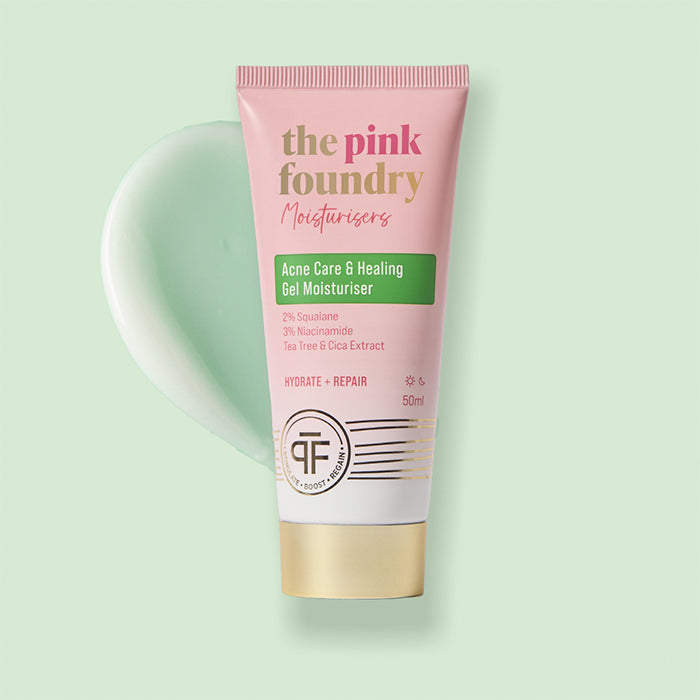

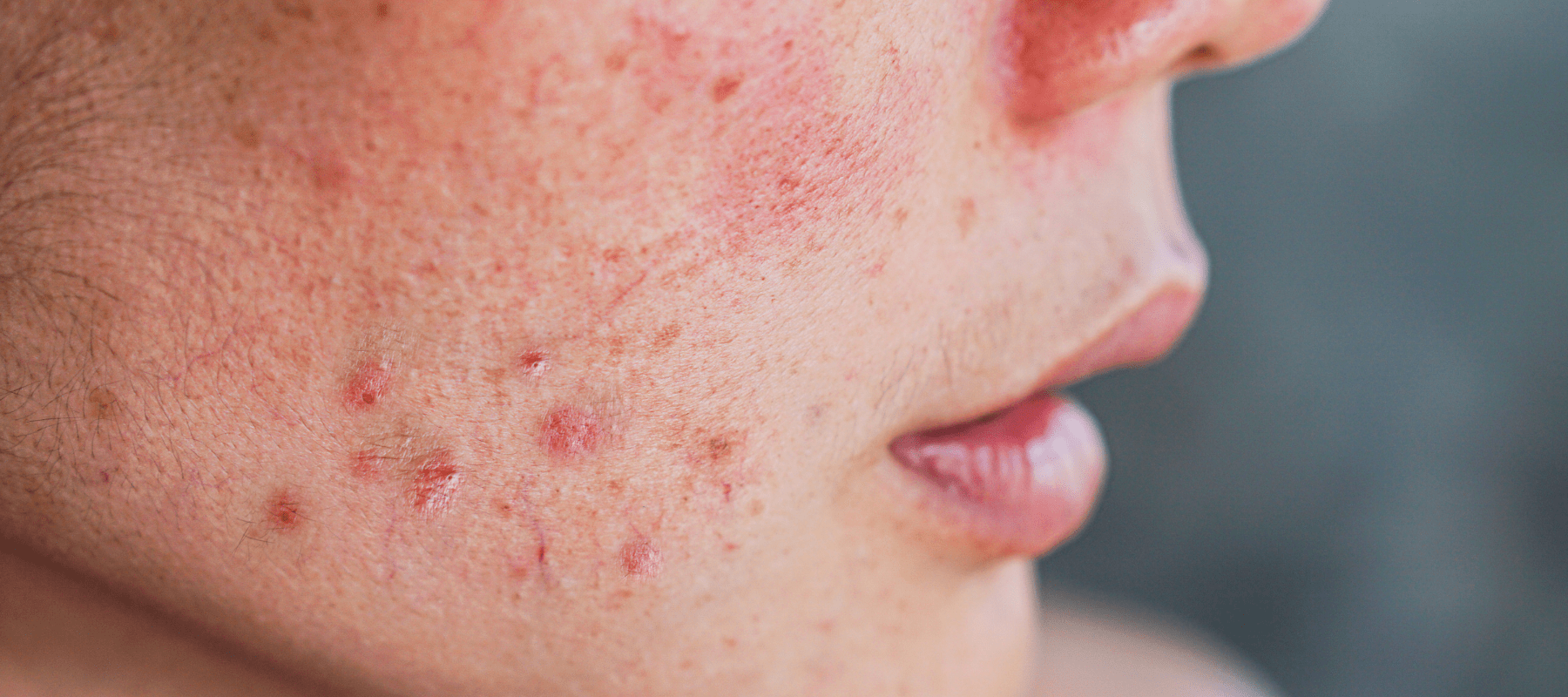
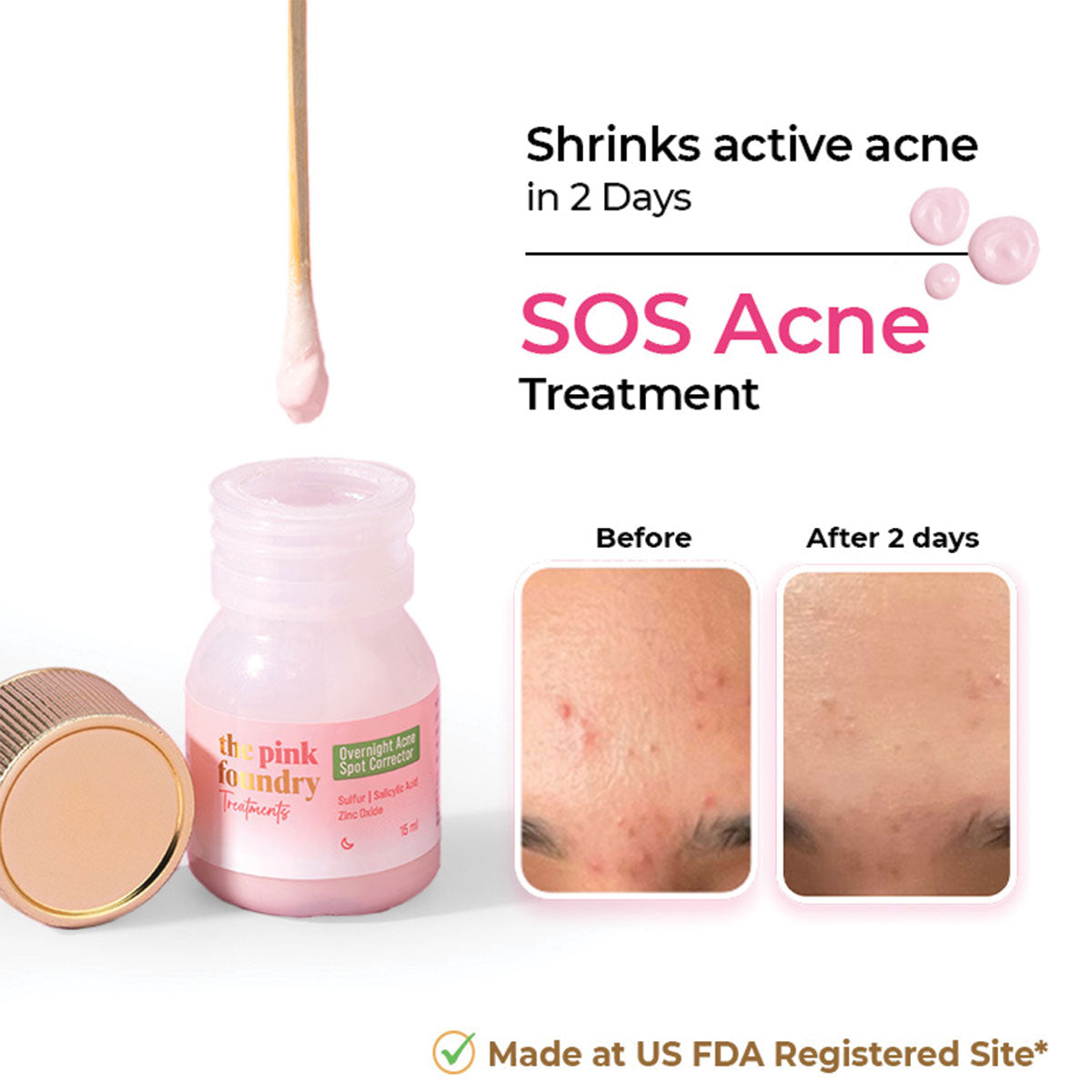
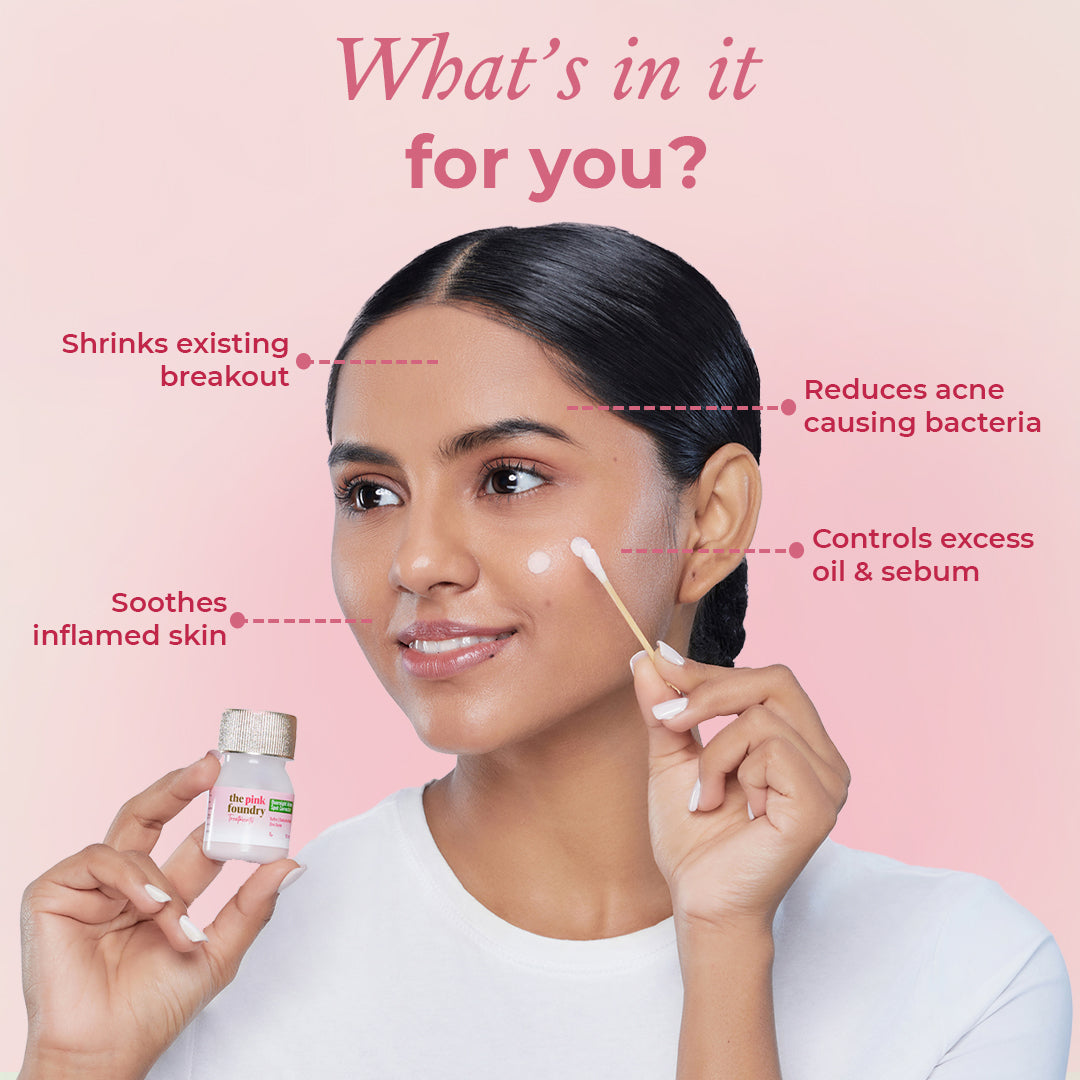


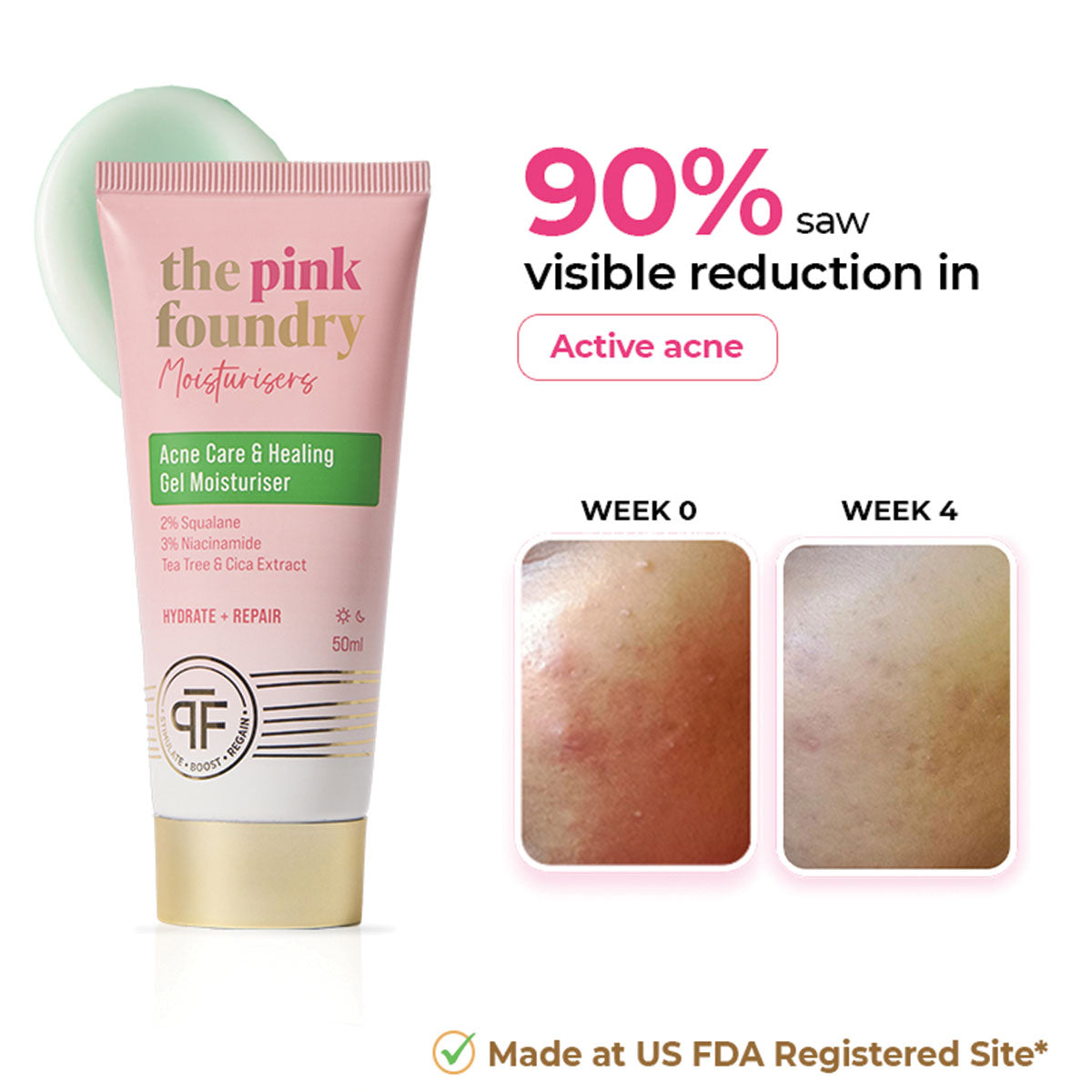
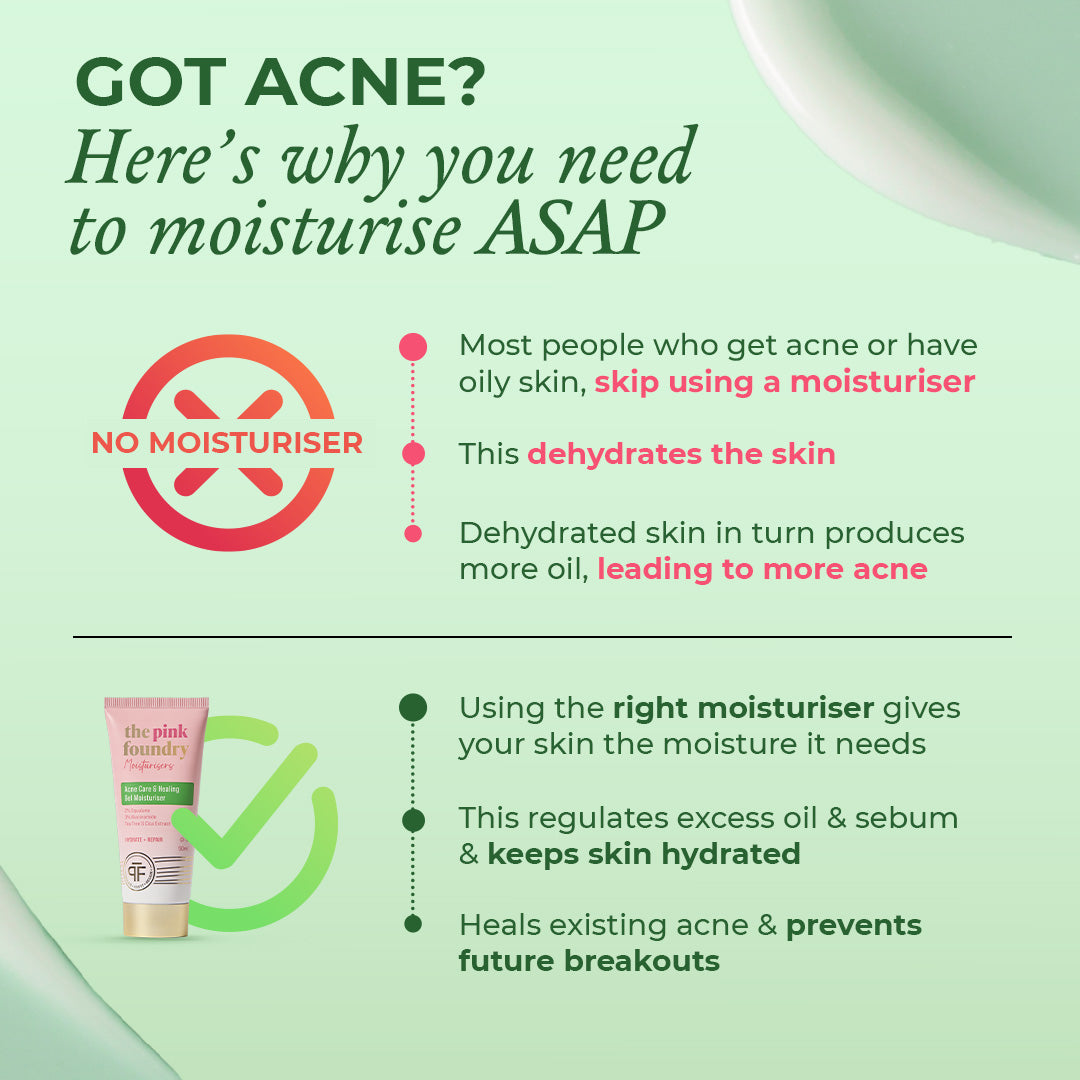










Leave a comment
This site is protected by hCaptcha and the hCaptcha Privacy Policy and Terms of Service apply.